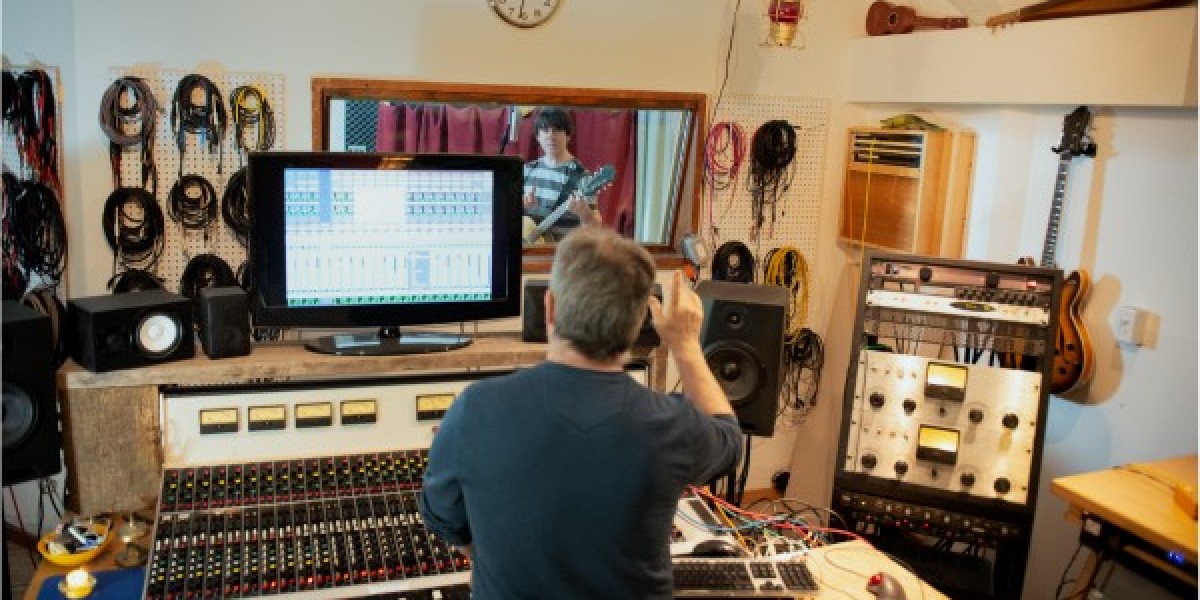Introduction
In the world of film and television, sound is as integral to storytelling as the visuals themselves. Whether it's the suspenseful silence before a jump scare or the soaring orchestral score that accompanies a triumphant moment, sound plays a crucial role in conveying emotions, enhancing narrative depth, and immersing audiences in the cinematic experience. This article delves into the vital role of mixing and mastering services in creating captivating soundtracks for film and television.
1. Setting the Mood:
Soundtracks are powerful mood-setters. A well-mixed and mastered soundtrack can instantly transport viewers to different emotional landscapes, whether it's the tension of a thriller, the romance of a love story, or the adventure of a sci-fi epic. Every musical note, sound effect, and voiceover is carefully crafted to evoke specific emotions and immerse the audience in the story.
2. Dialogue Clarity:
Dialogue is the backbone of any film or television show. Effective mixing ensures that dialogue remains clear and intelligible even in the midst of intense action sequences or background noise. Mastering fine-tunes these elements to ensure that the dialogue is balanced with other audio elements.
3. Sound Effects and Foley:
Mixing and mastering bring sound effects and Foley artistry to life. From the creaking of a door to the rumble of thunder, these elements add depth and realism to the on-screen action. The careful placement and balance of these sounds are essential to creating a convincing and immersive auditory experience.
4. Music Composition:
Composing original scores or selecting pre-existing music is a crucial part of the soundtrack. Mixing engineers ensure that the music blends seamlessly with other audio elements, enhancing the overall impact. Mastering adds the final polish, ensuring that the music sounds rich and dynamic.
5. Spatial Soundscapes:
In today's immersive cinema, spatial sound is becoming increasingly important. Mixing and mastering engineers use advanced techniques like Dolby Atmos to create three-dimensional soundscapes that envelop the audience, heightening their sense of immersion.
6. Consistency Across Platforms:
Film and television soundtracks need to sound consistent across various playback systems, from the cinema screen to home theaters and even mobile devices. Mastering engineers ensure that the audio translates well across these platforms, maintaining quality and impact.
7. Compliance and Standards:
Soundtracks must adhere to industry standards and regulations, particularly in broadcasting and cinema. Mixing and mastering professionals ensure that audio meets these standards, ensuring a consistent and compliant listening experience.
8. Collaborative Process:
Mixing and mastering for film and television involve collaboration among various professionals, including directors, composers, sound designers, and engineers. Effective communication and a shared artistic vision are essential for success.
In conclusion, the role of mixing and mastering in film and television soundtracks goes far beyond technical expertise. It's about harnessing the power of sound to elevate storytelling, engage emotions, and transport audiences to the worlds created on screen. As technology advances, the artistry and precision of audio professionals continue to play a pivotal role in the cinematic experience, making every frame more captivating and memorable.








